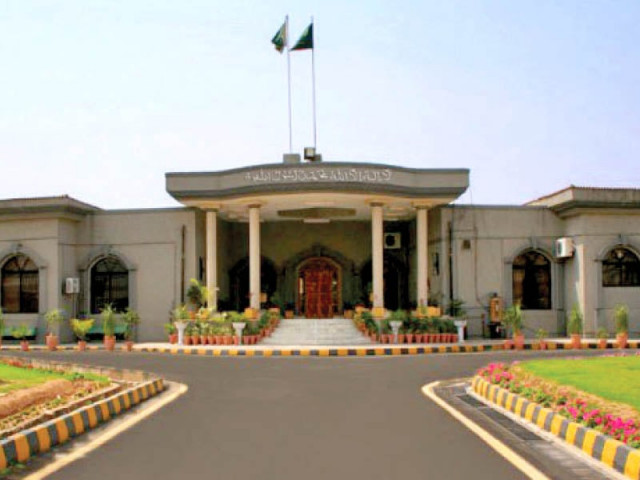Only executive can take economic decisions: IHC
Issues verdict in gas supply to captive power plants case

The Islamabad High Court on Saturday issued its detailed verdict that allowed the government to discontinue gas supply to captive power plants, noting that only the executive had the constitutional authority to make economic decisions.
In a seven-page judgment on a petition filed by 61 textile companies, IHC Chief Justice Athar Minallah noted that the court was withdrawing the stay order it had earlier issued. “The government may implement its decision to cut off gas supply to captive power plants. The executive has the constitutional authority to make economic policies,” the verdict read. “When it comes to economic policy, the court should exercise its discretion very carefully,” it added. The IHC noted that the court playing an active in economic policy matters could cause irreparable damage.
IHC maintains order on suspension on 21 lawyers’ licences
“Courts can specialise in constitutional matters, but they do not have the capacity to intervene in economic policies.” On January 26 this year, the federal cabinet had decided to cut off gas supply to captive power plants. The government’s decision was attributed to a decrease in the cheap gas supply of gas to domestic consumers. According to the cabinet, the consumption of gas by industrial consumers’ inefficient captive power plants was causing a great loss to the national exchequer. Surplus power generation capacity had become another challenge and a significant part could be absorbed in these industrial units at competitive rates and reliable supplies.
Industry not currently connected to the power grid will be encouraged to shift from gas-based captive power generation to the national power grid. This process would be completed latest by December this year. The companies challenged the cabinet’s decision, saying it violated their fundamental rights. The petroleum secretary told the court that the companies had misrepresented their case. “The policy-making process began a year ago with legal consultation with the stakeholders,” he added. “The supply of natural gas was allowed when there was an acute shortage of electricity while gas was in surplus,” he informed the court.



















COMMENTS
Comments are moderated and generally will be posted if they are on-topic and not abusive.
For more information, please see our Comments FAQ